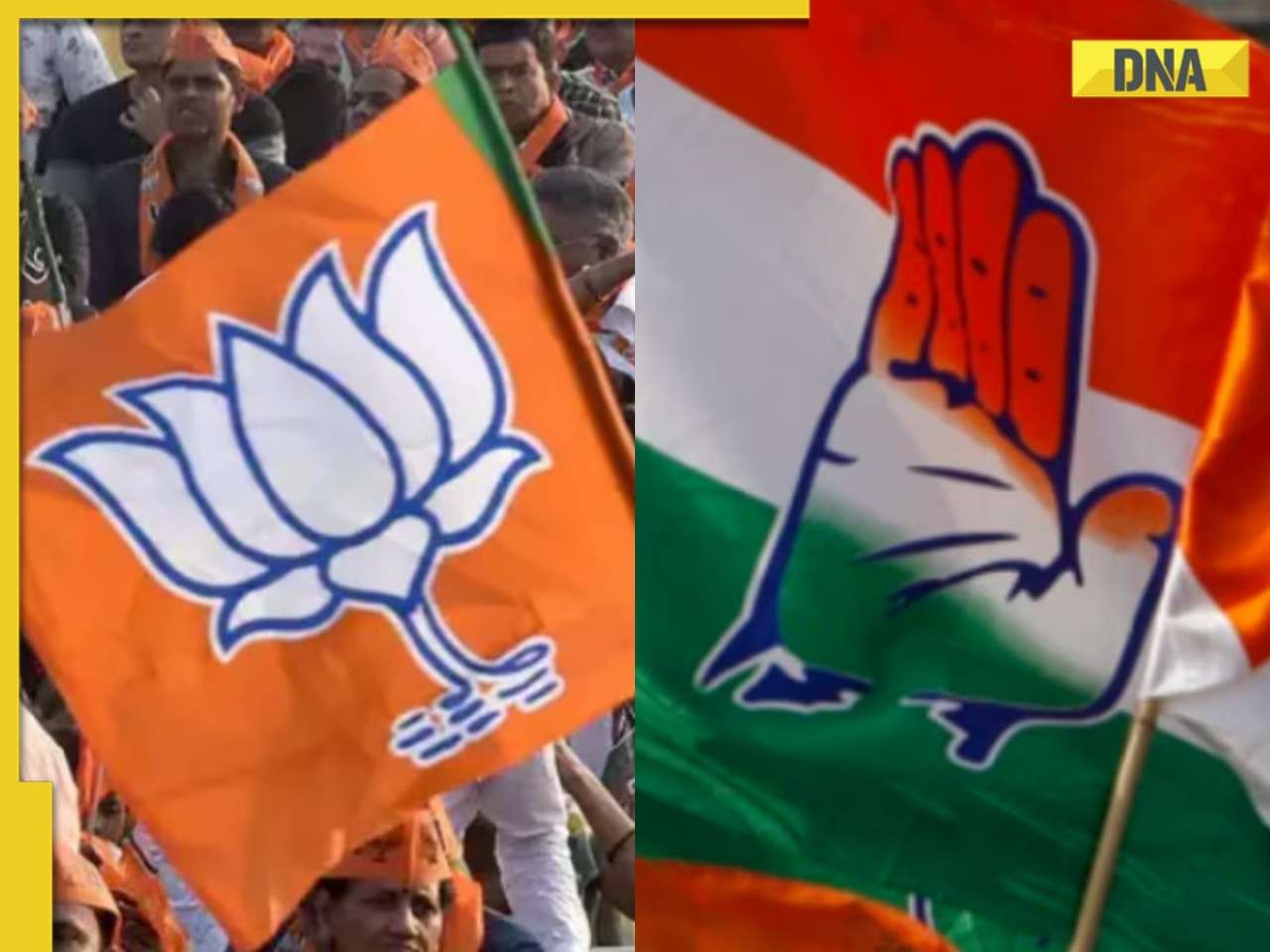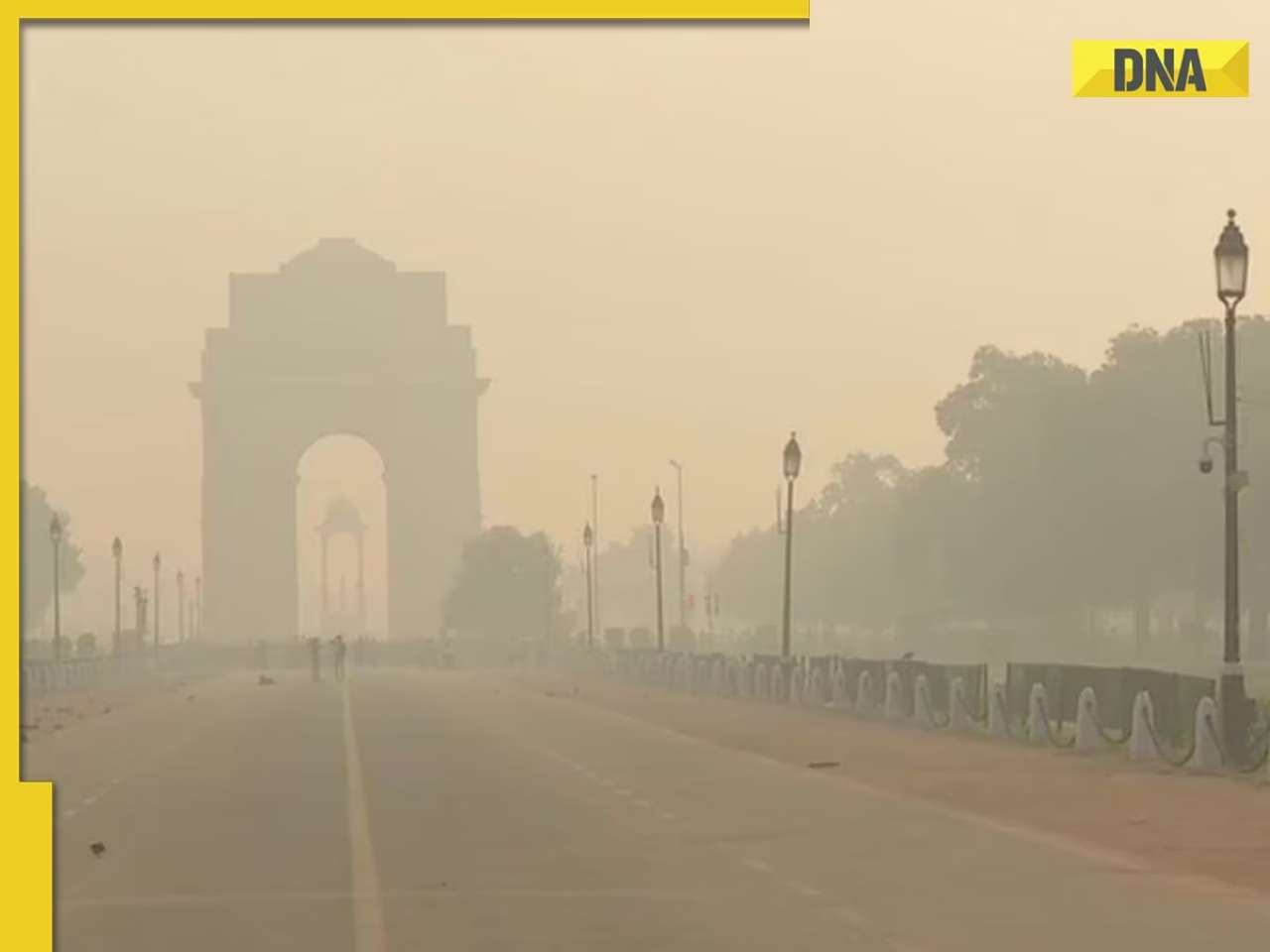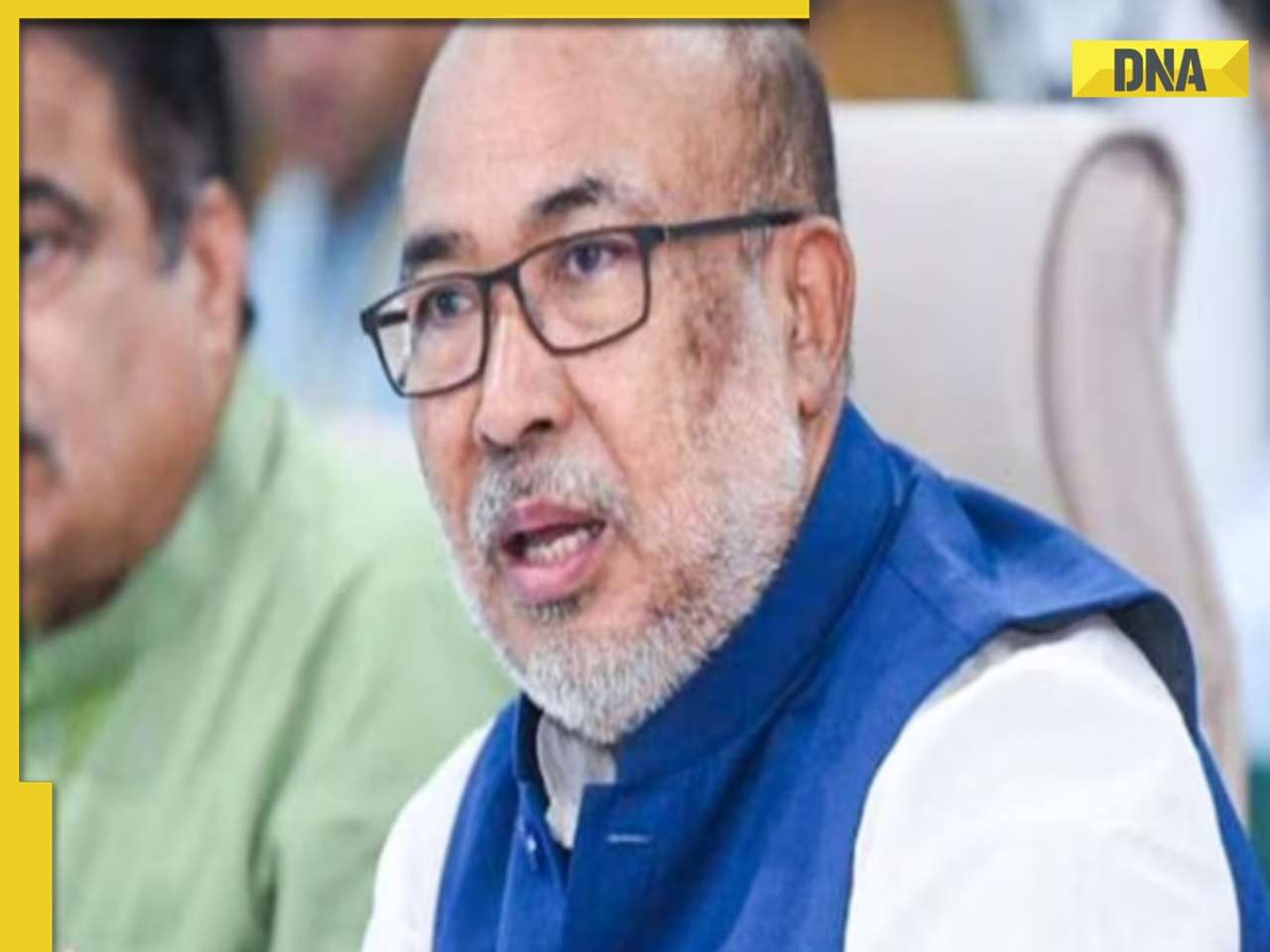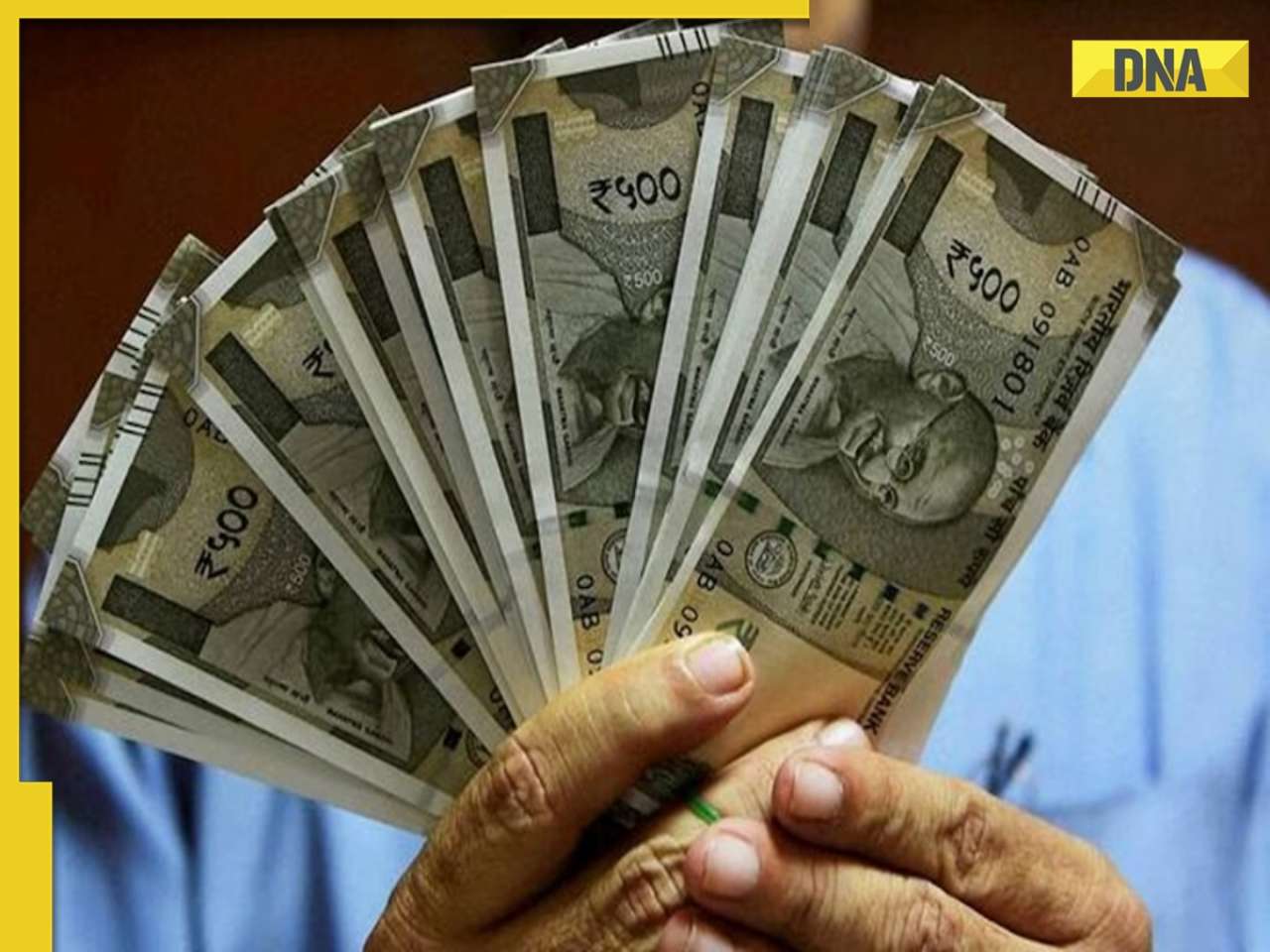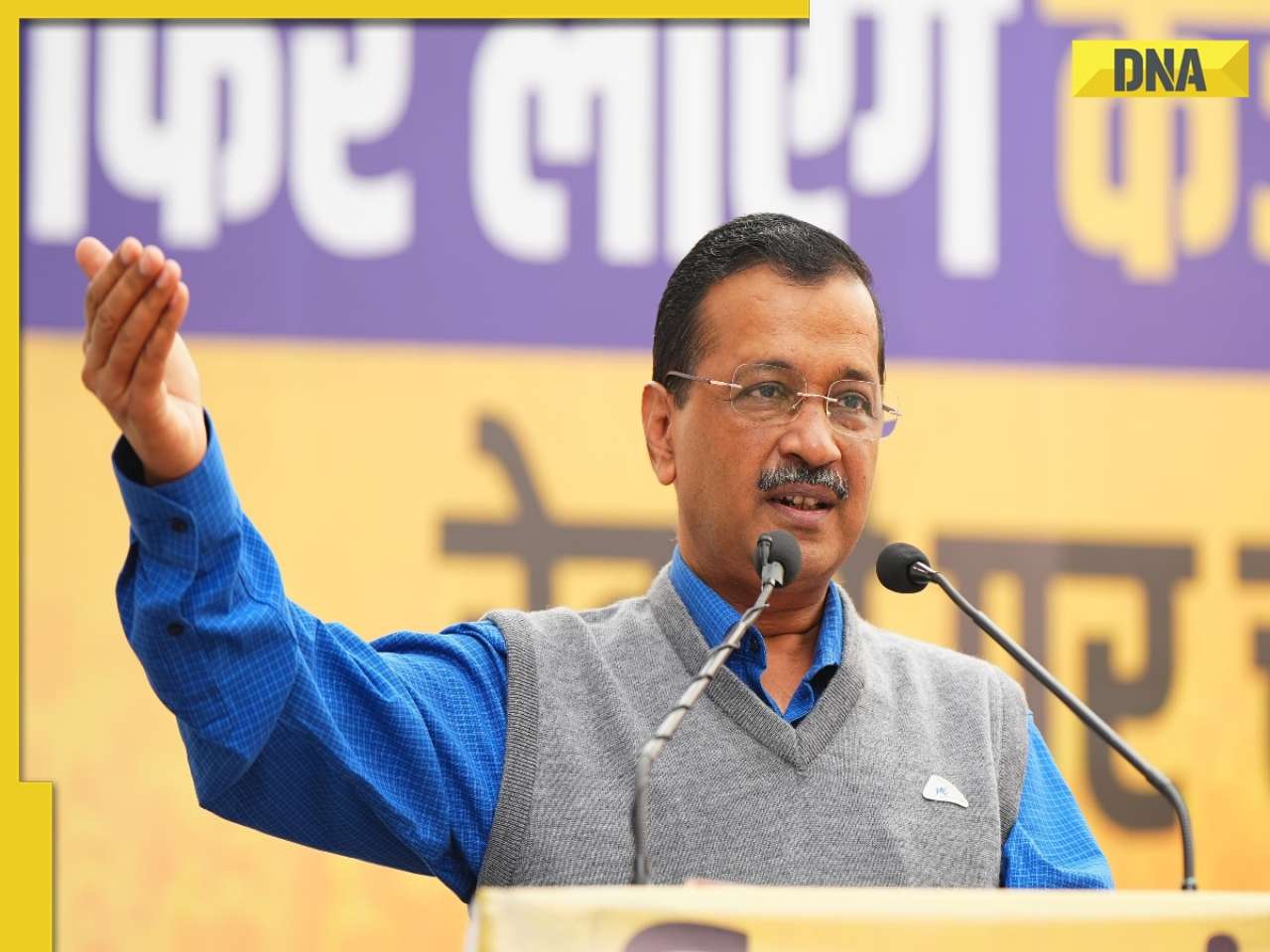- LATEST
- WEBSTORY
- TRENDING
ANALYSIS
Going beyond Cyclone Fani
India needs to evolve from disaster preparedness to investing in resilient societies and systems
TRENDING NOW
Cyclone Fani that hit the Odisha coast on May 3, 2019, was indeed an extremely severe cyclone — when a super cyclone had hit the state 20 years ago, it had witnessed a loss of life of over 10,000 people!
In 2013, cyclone Phailin with a similar intensity saw 550,000 people being evacuated and an estimated loss of more than Rs 4,000 crore.
Despite over a million people being evacuated from sensitive zones, cyclone Fani caused the death of about 30-plus people in Odisha alone. However, this is still an admirable achievement, given the poor infrastructure in the state, the high incidence of poverty and the normally unwilling response of potential evacuees.
The effort, which the state government of Odisha put in along with the national disaster response agencies and many volunteers, was remarkable in reaching out to vulnerable populations across the length of the Odisha coast, convincing people to evacuate quickly to safe shelters.
The trail of destruction that Cyclone Fani left behind is mute testimony to the enormous avoided costs in terms of human lives.
While we deservedly pat ourselves on our backs for a job done well in minimising the loss of lives due to an extreme event, we need to do a lot more to make the recovery process from such events less traumatic.
As evacuees in Odisha go back to their villages, they face the humongous task of rebuilding their homes and their lives. Can we provide them requisite support in a timely manner to enable them to stand on their feet quickly once again? How long will the medical and educational services take to serve the needs of these people and alleviate their misery? Do banking services exist in these areas? What financial and material support can be immediately mobilised and delivered? Getting food and water to the affected people days after the incident is inhuman to say the least.
It would also be crucial to ask whether the wider community was mobilised in advance to respond to the needs of those affected. How well were the shelters stocked? Were effective community mechanisms defined to administer relief in the immediate aftermath of the event?
Several questions above address themselves to disaster response and relief measures. But some of them also point towards the need for building systemic resilience in vulnerable populations.
Scientists predict that the looming climate change will result in more frequent and intense extreme events. While Cyclone Fani was not caused by climate change, it would be accurate to say that it probably received its intensity on account of climate change.
The impact of such coastal events would also be exacerbated by rise in sea levels, higher ocean temperatures, wind speeds and changing monsoon patterns. Hence, for both historical reasons and projected intensification, India needs to evolve from merely disaster preparedness and response to investing in and building resilient societies and systems.
Proper zoning laws that would govern developmental activities, quality of construction, development and maintenance of natural barriers, insurance for life and livelihood, empowered village committees and mobile clinics, among others, are some long-term measures to build resilience and to adapt.
Governments at all levels — national, state and local — need to recognise their responsibility and accountability for creating such robust systems.
Cyclone Fani caught the attention of the global community because it was an extreme event of mammoth proportions. However, environmental degradation is also resulting in what are known as creeping events — events that are slow, but inexorable. If we are not watchful, as we tend not to be with creeping events, they can result in tipping points that would have impacts on scales larger than what we experience from extreme events.
Falling water tables, soil degradation, desertification, air pollution and loss of biodiversity are all examples of creeping events that India is already facing.
Climate change is likely to exacerbate these creeping events through its own impact – accelerated melting of our glaciers in the Himalayas that cater to half of India’s population, shifts/variability in monsoon patterns that would be very difficult for farmers to adapt to in current conditions, salt water intrusion and rising temperatures.
It is time for India to wake up and take an integrated approach to its development, more urgently in the context of the existential threats that it is facing.
Our water and food security are under enormous threat and closely inter-linked. India is hosting the Conference of Parties (COP) to the UN Convention to Combat Desertification (UNCCD) in September this year. A major focus of this COP is to work towards land degradation neutrality. As a theme, this would be a wonderful test case to see how different ministries of the Government of India will participate in this conference and if we are able to design a coherent strategy for reversing the land degradation taking place.
Nearly 30 per cent of India’s lands are already degraded and climate change impacts will further exacerbate this damage.
Similarly, several of our cities are becoming (have become?) unliveable – Delhi has demonstrated that there are no silver bullets! Just because we do not have the research (no support for inconvenient questions!) to establish a clear attribution of cause to effect, does not mean that the crisis does not exist – that we are not facing disasters in our daily lives.
Question is: do we have the courage to transform our governance structures and processes to enable effective systemic solutions?
Author is vice chancellor, TERI School of Advanced Studies. Views are personal

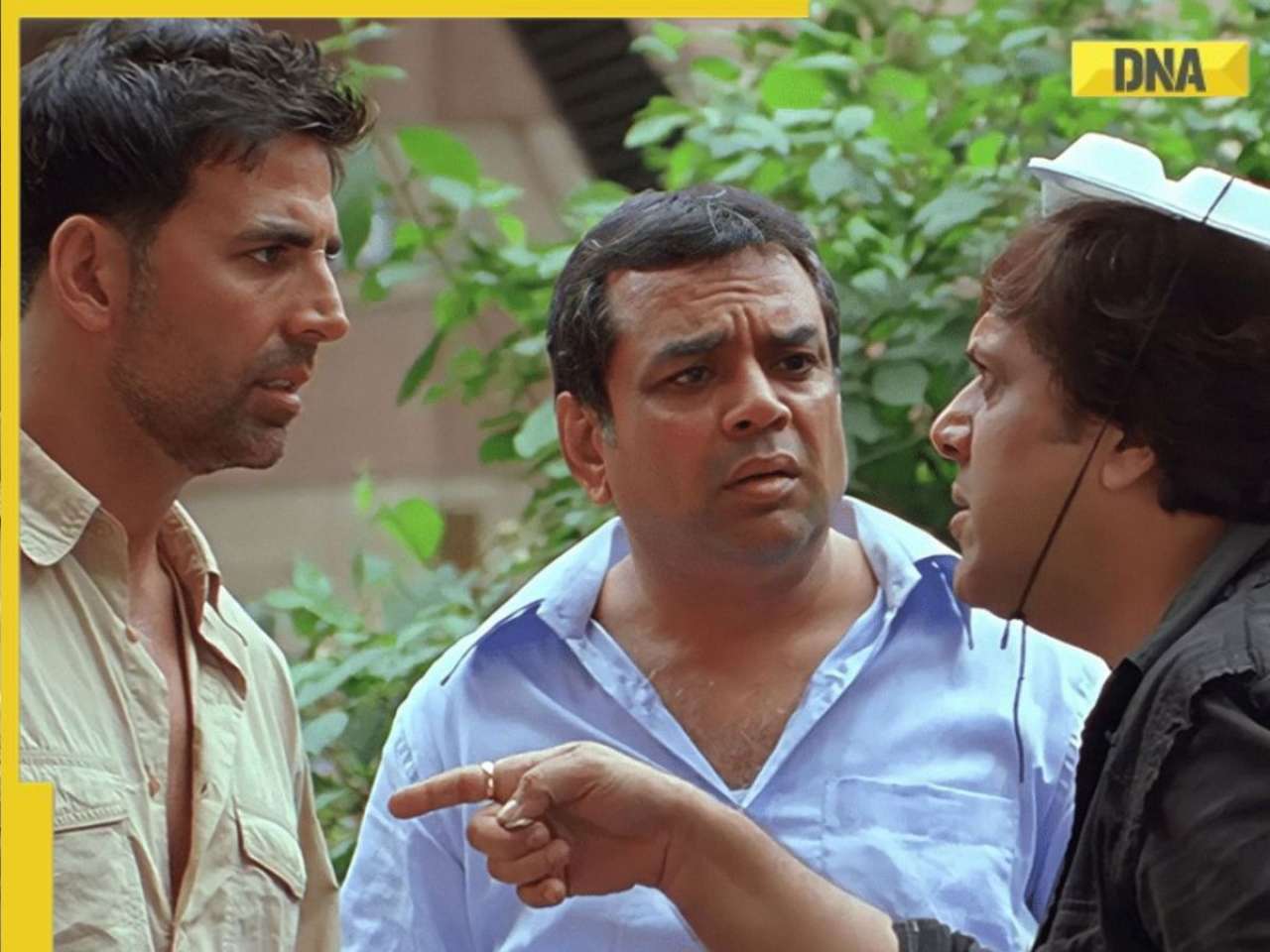





)
)
)
)
)
)
)
)
)
)
)
)
)
)
)
)






